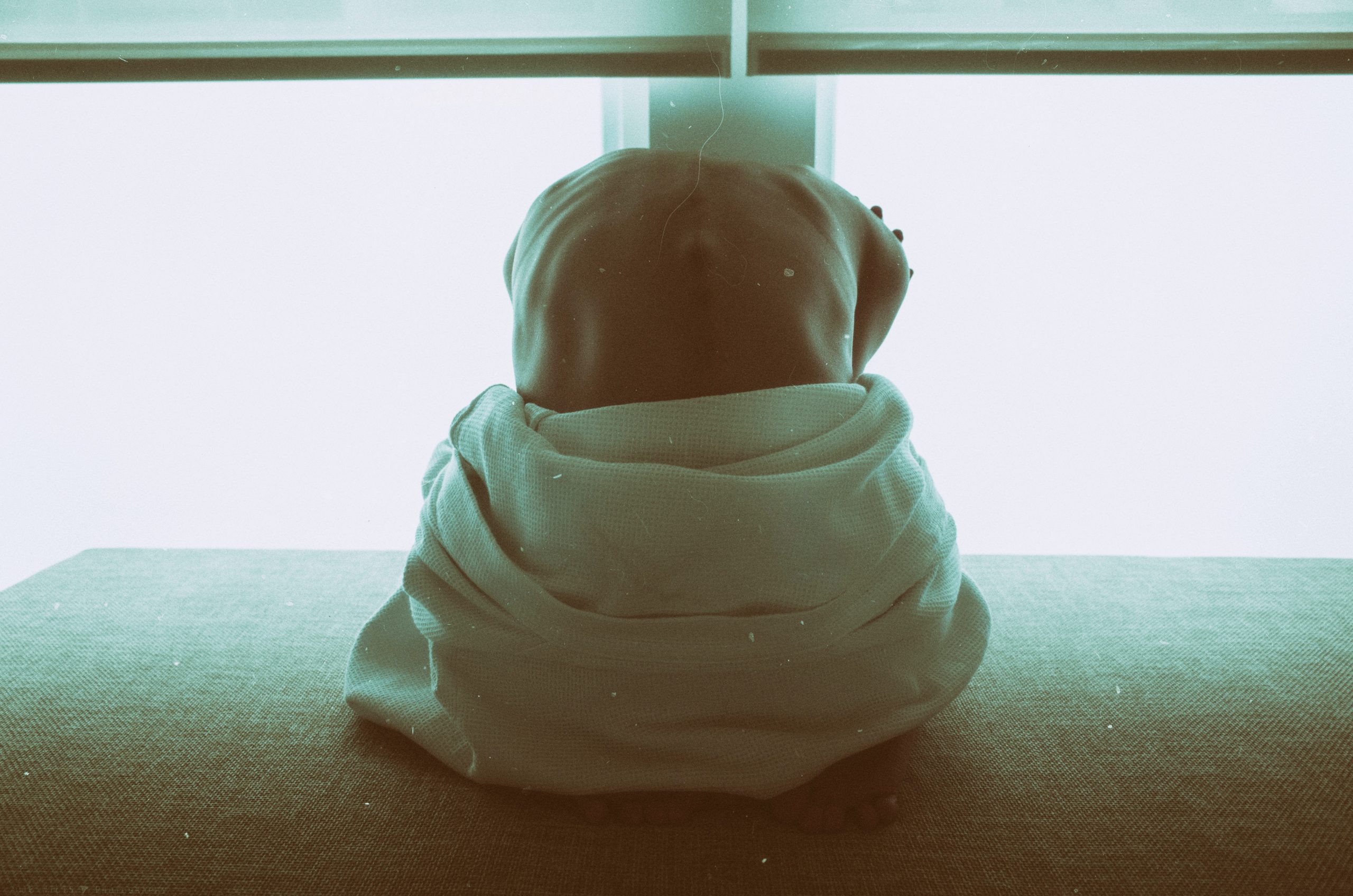Understanding the Quiet Battles
Navigating ADHD and Eating Disorders
Some people look like they’ve got everything together, but inside, they’re running on fumes.
This World Mental Health Day, I want to talk about the hidden burnout behind ADHD and eating disorders, and the quiet fighters who look fine, but aren’t.
The Quiet Battle Behind the Mask
There are people you walk past every day who seem bright, capable, and full of life.
They’re smiling, achieving, and showing up but inside, they’re fighting to keep it together.
These are the quiet fighters.
The ones who mask so well that nobody realises the noise inside their heads, or the shame that keeps them silent.
ADHD and eating disorders often sit hand-in-hand, feeding off the same cycle of perfectionism, dopamine highs, and self-blame.
From the outside, it looks like “discipline.”
Inside, it’s often survival.
When Your Brain Won’t Slow Down
For anyone with ADHD, stillness can feel unbearable.
The brain constantly seeks stimulation, something to fixate on, achieve, or control.
When that energy doesn’t have a safe outlet, it can turn inward: into food, body control, overworking, or obsession.
That’s when the eating disorder voice creeps in, whispering false promises of order, safety, or identity.
It says things like:
“If I can just eat perfectly.”
“If I can just stick to the plan this time…”
But it’s never about the food.
It’s about trying to quiet the chaos in the brain.
The Dopamine Loop
Here’s the neuroscience part:
The ADHD brain has a dopamine regulation issue.
Dopamine is the neurotransmitter that helps us feel pleasure, motivation, and reward.
When it’s low, we crave a hit, something to make the world feel sharp again.
That hit might come from:
- A new diet plan
- Restricting or bingeing
- Over-exercising
- Hyperfixating on “wellness”
- Buying things you don’t need
- Or scrolling endlessly to escape the noise
It’s not lack of willpower ,it’s a biological need trying to self-soothe.
The trouble is, each “fix” brings a temporary dopamine surge followed by a crash, leaving the person more exhausted, more ashamed, and more desperate for control.
It’s a loop that fuels both ADHD burnout and eating disorder cycles.
➜ READY TO FEEL MORE GROUNDED?
Recovery isn’t about being perfect, it’s about learning to understand yourself with more kindness.
If you’re tired of fighting quietly and want to build a calmer relationship with food, your body, and your mind, therapy can help you find your balance again.
The Quiet Struggles of the Unseen
My Own Experience
As someone living with ADHD, I know this dance far too well.
Getting my diagnosis was an absolute game changer, it finally gave me a why.
It helped me understand why my brain races, why I chase dopamine like oxygen, and why I used to believe my worth was tied to and how much I could control or achieve.
On the outside, I can be sparkly and vibrant, the butterfly everyone sees.
But when I’m struggling, I disappear into the background, like a moth blending into wood.
That’s the quiet burnout no one talks about the exhaustion that hides behind the brightness.
If I’d understood ADHD earlier, I truly believe I wouldn’t have fallen into the patterns of binge eating and anorexia.
Those behaviours were my way of trying to regulate, to find some kind of balance in a brain that never rests.
That’s why I speak about this now.
Because so many people are fighting that same battle and don’t have the words for it.
Breaking the Cycle of Shame
Understanding the Shame Spiral in Eating Disorders
Shame is what keeps the quiet fighters hidden.
They ask themselves:
“Why can’t I change?”
“Why do I always fall back into the same pattern?”
“Why can’t I just be normal?”
This internal war is so heavy because it isn’t just about behaviour, it’s about identity.
People with ADHD and eating disorders often hold deep-rooted beliefs that they are “too much” or “not enough.”
And when society only praises productivity or thinness, the shame grows deeper roots.
Regulating the Chaos: Small Science-Backed Shifts
When I work with clients, I often ask a simple question first:
“When was the last time you ate?”
Low blood sugar can mimic anxiety, heart racing, brain fog, irritability.
Once you eat something balanced (carbs, protein, and fats), your nervous system can finally exhale.
Here’s why this matters:
The brain needs glucose to function. When it’s deprived, the body releases cortisol and adrenaline, the same stress hormones linked to anxiety.
Eating regularly helps regulate the nervous system and stabilise dopamine levels, reducing impulsivity and emotional overwhelm.
So if your brain feels like it’s on fire, check your blood sugar first.
It’s one of the most underrated forms of mental health care.
Learning to Be Gentle with Your Limits
I think we ADHDers need to be more aware of our limitations not as weaknesses, but as information.
Self-care isn’t indulgent; it’s essential regulation.
We can’t be everything to everyone, and that’s okay.
It’s okay to be quirky.
It’s okay to be a bit weird.
It’s okay to ask for your needs to be met.
When we stop fighting to fit into what society wants us to be, we start to create space for authenticity — and that’s where healing begins.
For the Silent Warriors
Facing Inner Battles with Strength
If you’re reading this and nodding silently, I see you.
You’re not lazy. You’re not broken.
You’re navigating a brain and body that were never taught to work together.
This World Mental Health Day, let this be your reminder:
You deserve care, not comparison.
You deserve food, rest, and compassion, not punishment.
You deserve to be understood.
Let’s fight for a world where it’s okay to be different, where we can talk about it openly, and where stigma and shame no longer silence those who are struggling.
Becky Stone
I’m Becky Stone, a qualified eating disorder therapist based in Canterbury.
I work with both teens and adults, offering a calm, non-judgemental space to explore what recovery really means, on your terms.
I specialise in supporting neurodivergent individuals, including those with ADHD and autism, and I believe in flexible, shame-free recovery.
If this resonates with you, you don’t have to keep fighting quietly. You can reach out for support, even just to talk about what’s been too heavy to carry alone.







